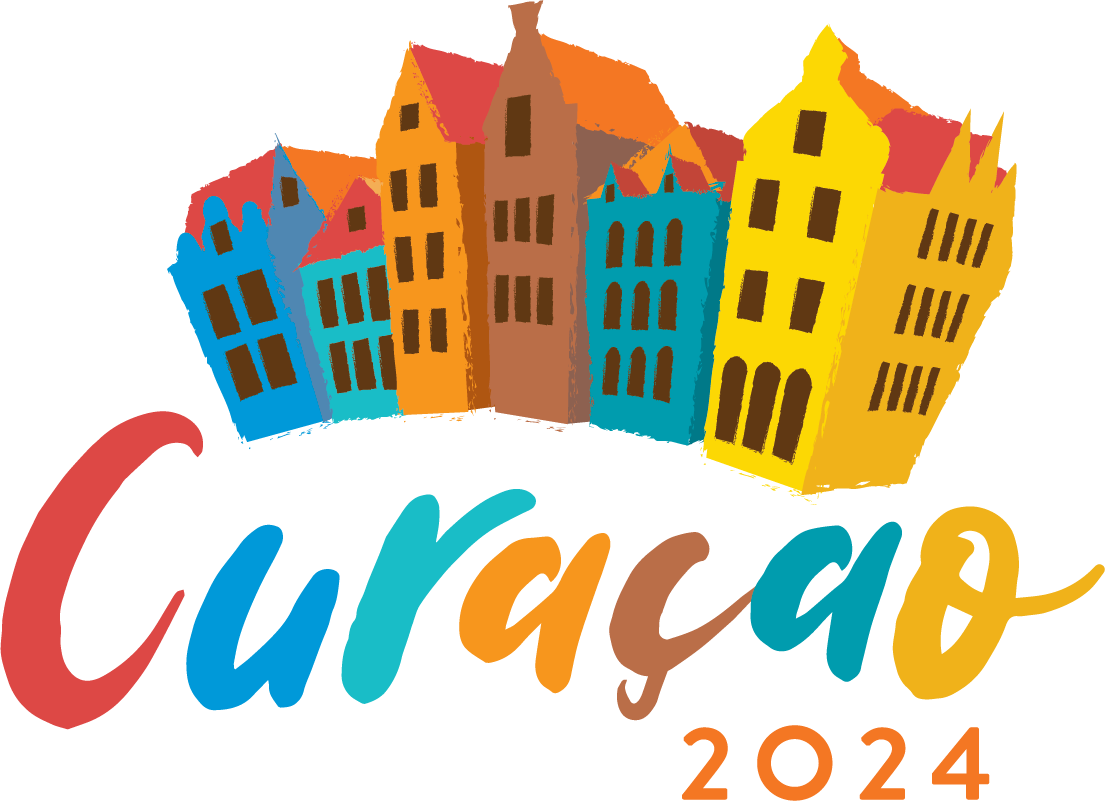
The Conference provides an exceptional platform for front-line personnel and decision-makers to come together and discuss best practices, share insights, and explore innovative approaches. The interactive agenda aims to enhance capabilities, expand knowledge, increase expertise, and cultivate readiness to overcome IP crime challenges, particularly those involving transnational organized IP crime and interrelated illicit trade activities.


It is also an ideal platform for private sector organizations and individual rights holders to engage in productive one-on-one conversations with law enforcement representatives, leading to fruitful and mutually beneficial conversations about both sectors' challenges, especially related to investigative and enforcement efforts.
It offers a unique cross-sector experience not found elsewhere. Although it falls on an individual country to cohost the Conference, it provides excellent global connectivity and cross-regional collaboration opportunities. The content focuses on keeping pace with and ahead of emerging threats associated with this globalized and adaptive threat, leading to tangible and impactful outcomes supporting public safety.

Their importance is evident by the many thousands in operation across all regions of the world and their continuing growth annually. However, these opportunities also present significant challenges, especially the exploitation of these zones by criminal networks to facilitate the illegal transit of goods within and between these channels.
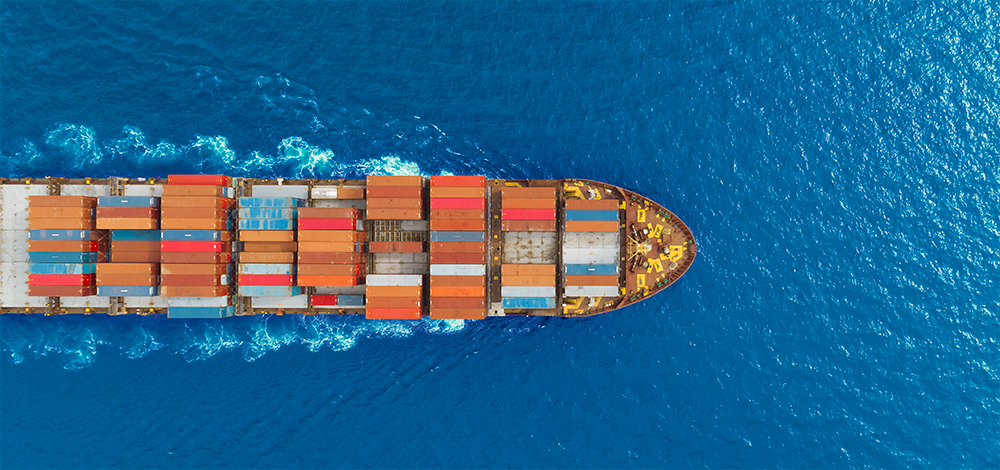
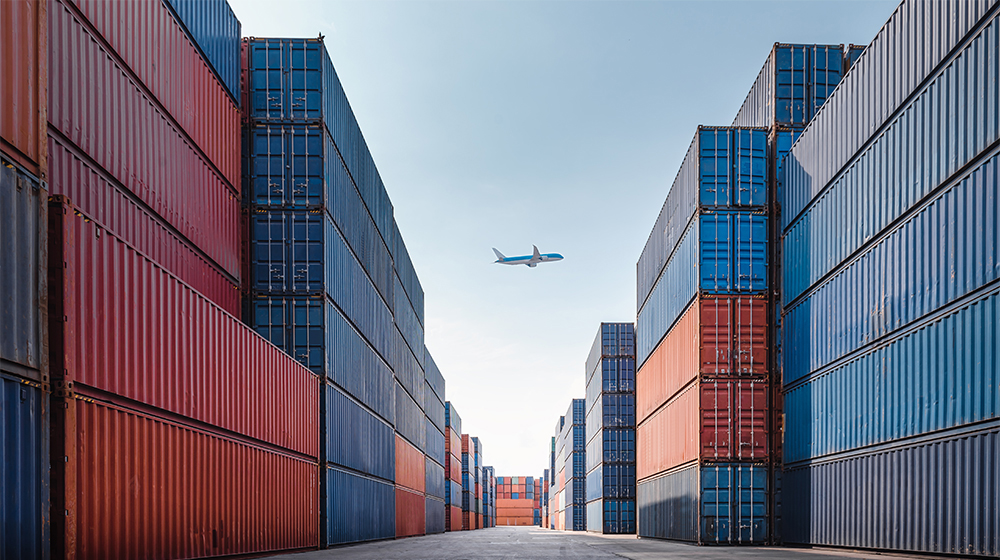
These opportunities become even more lucrative for criminals who exploit relaxed regulations, lax standards, limited monitoring and transparency, and reluctance, in many cases, to cooperate with customs authorities. There is a growing consensus that this abuse of free trade zones can significantly and negatively impact the integrity of global supply chains, which can threaten global safety.
Criminals can easily conceal the legitimacy, source, and traceability of illicit goods that purposely pass through these channels. These products can undergo various modifications within these areas, such as assembly, processing, warehousing, repackaging, and re-labeling. Once the process is complete, this merchandise can either be directly imported into the host country or re-exported to another free trade zone to continue the process. Criminals quickly adapt smuggling techniques and transshipment locations based on regional enforcement activities.


Whether it is a lack of customs oversight, anti-money laundering frameworks, or weak regulatory oversights, collaboration across agencies, organizations, and zones is necessary to address challenges. Developing and implementing solutions within and among these zones can promote good governance, increased transparency, and anti-corruption practices, enabling the free flow of legitimate trade. Therefore, it is crucial to understand the advantages, risks, and obstacles of free trade zones before devising and executing any solutions. The 2024 Conference aims to build mutually beneficial alliances and enduring relationships to harmonize and amplify activities to implement practical and real-world solutions.
These groups will take advantage of any opportunity to saturate the market with their illegal, dangerous, and potentially deadly products. These groups employ various shipping and smuggling techniques to avoid detection and seizure of their illicit products. Given the inherent challenges presented by these networks' complex nature and expanding scope, there is a strong need to explore innovative and effective alternatives to the traditional law enforcement approach. The challenges are significant since law enforcement agencies face many obstacles to match the transnational nature of these criminal groups.


Detecting, analyzing, and understanding criminal patterns and trends is crucial for law enforcement to overcome these challenges and complexities. Organized crime operates across borders, so governments and law enforcement agencies must promote collaboration and partnerships that effectively do the same thing. By utilizing innovative investigative and enforcement measures and engaging in cross-regional cooperation, law enforcement agencies can better address potential threats, improving supply chain integrity and public safety.
Despite the central role that law enforcement agencies will always play, they represent only the first layer of defense against transnational organized IP crime. A comprehensive and strategic approach must extend beyond law enforcement and include other stakeholders, including the private sector. The private sector's role is increasingly vital through its growing collaboration with government and law enforcement agencies. The IP Crime Conference offers an exceptional opportunity to enhance inter-agency cooperation and global coordination among law enforcement and the private sector, transcending the usual domestic, regional, and jurisdictional limitations. The Conference facilitates international collaboration that can promote safety and help mitigate the consequences related to transnational organized crime activities.

Curaçao was selected as a co-host because it is well-positioned geographically and strategically to deliver an event of this magnitude for a global audience. Additionally, for the last few years, authorities have been working with all stakeholders to prevent illegal activities from occurring in their country. The Curaçao co-hosts are eager to collaborate with cross-sector stakeholders and willing to lead regional efforts for public safety, supply chain integrity, and free trade zone security.
When people typically think of Curaçao, they envision the beautiful beaches, colonial architecture, friendly people, and a rich tapestry of culture and languages. However, Curaçao offers much more than just the typical Caribbean tourist experience.
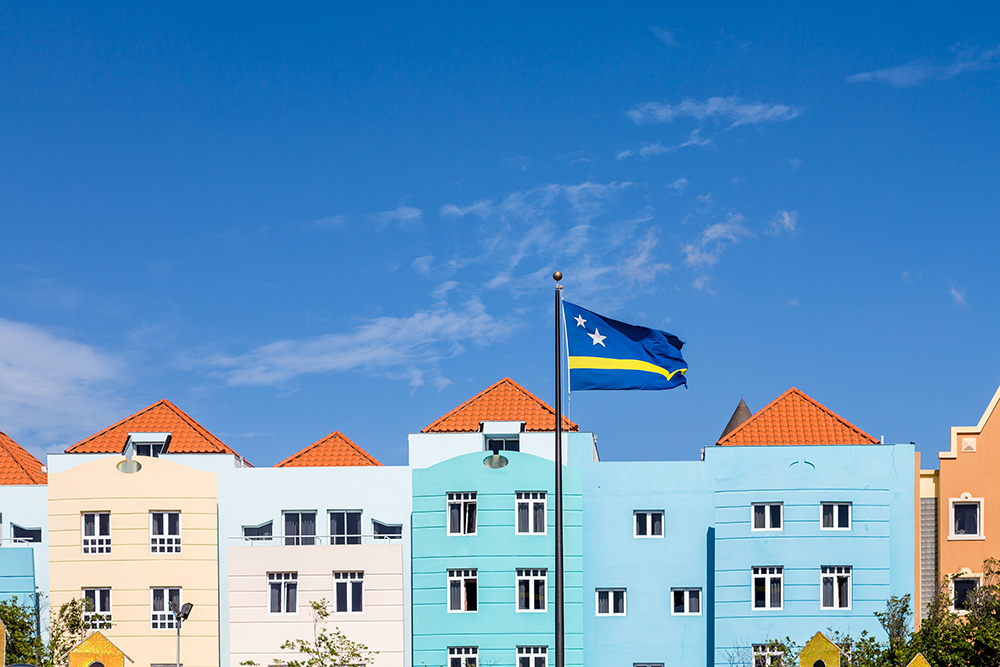
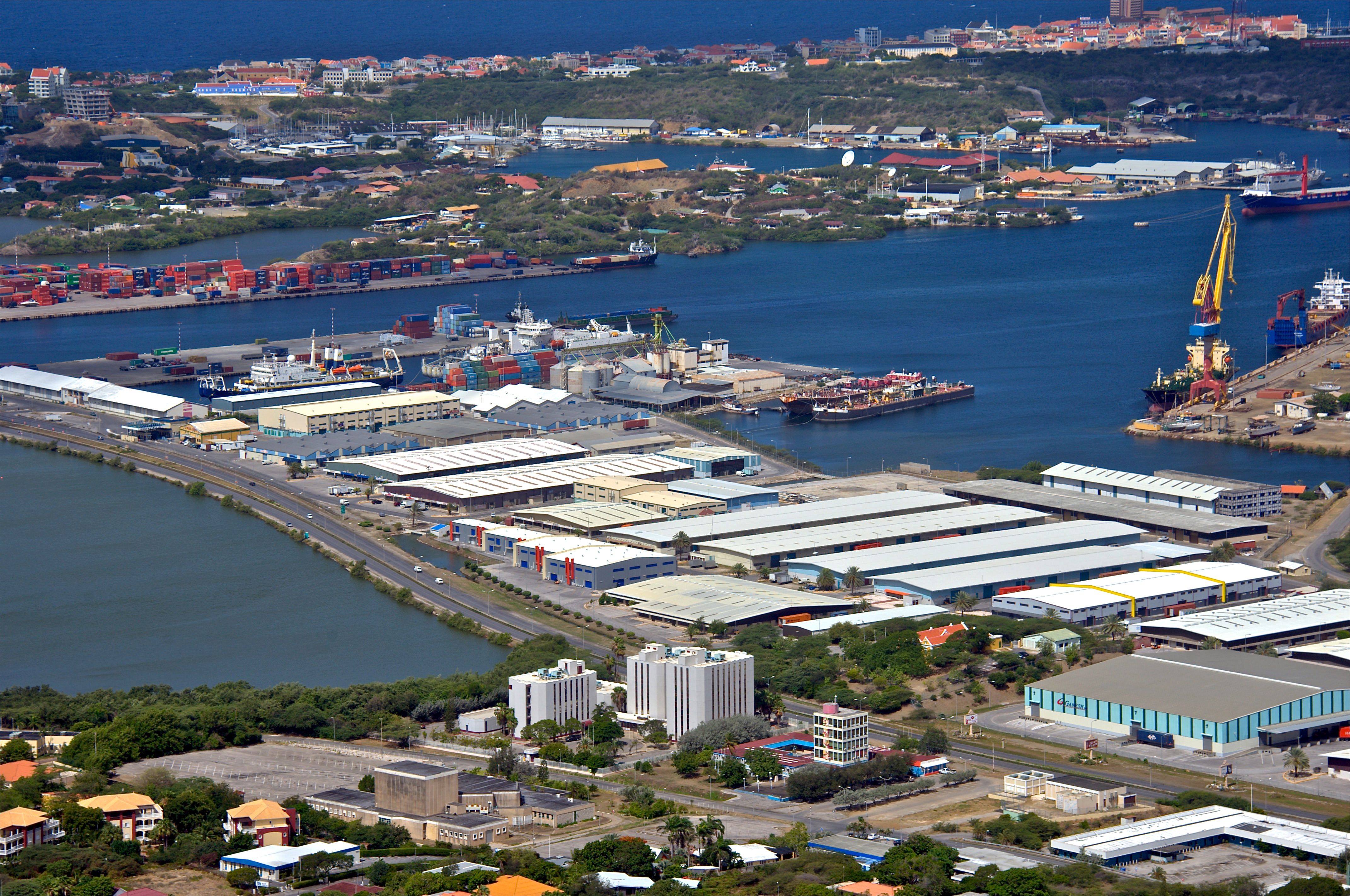
Detecting, analyzing, and understanding criminal patterns and trends is crucial for law enforcement to overcome these challenges and complexities. Organized crime operates across borders, so governments and law enforcement agencies must promote collaboration and partnerships that effectively do the same thing. By utilizing innovative investigative and enforcement measures and engaging in cross-regional cooperation, law enforcement agencies can better address potential threats, improving supply chain integrity and public safety. Its regional economic importance is growing, driven by its role as a gateway for goods in transit, supported by advanced facilities, attractive incentives, and competitive tariffs. Curaçao enjoys preferential access to major markets like the European Union and the United States, enhancing its appeal as a trade hub.
This status helps it to align its trade policies with global standards. Accession as an independent member of the WTO is scheduled for 2026.
Curaçao is also actively expanding its trade network through bilateral partial-scope trade agreements with Colombia, the Dominican Republic, Trinidad and Tobago, and Suriname. These agreements aim to lower trade barriers and foster economic cooperation, further integrating Curaçao into regional and global trade systems.
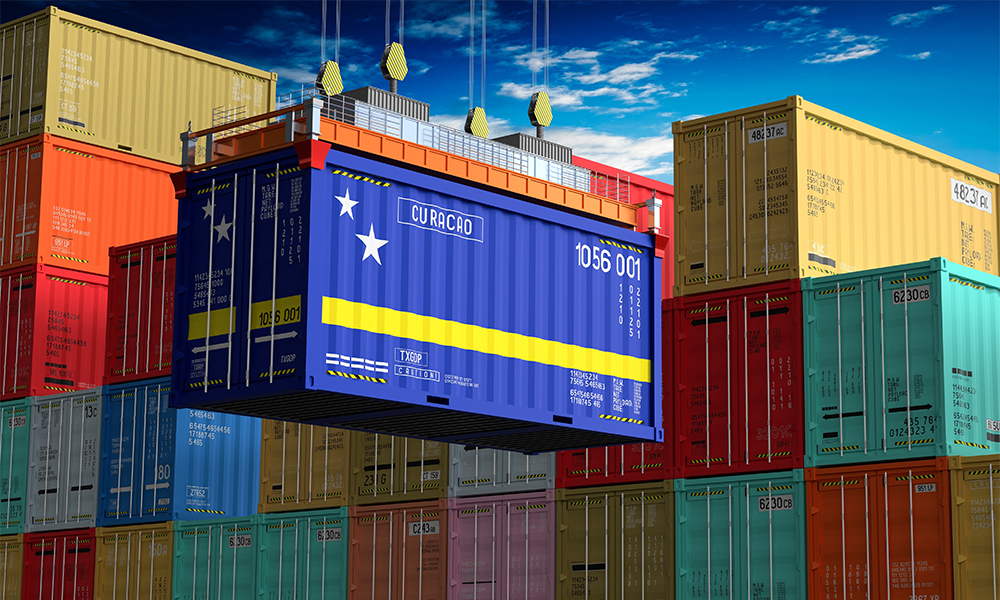
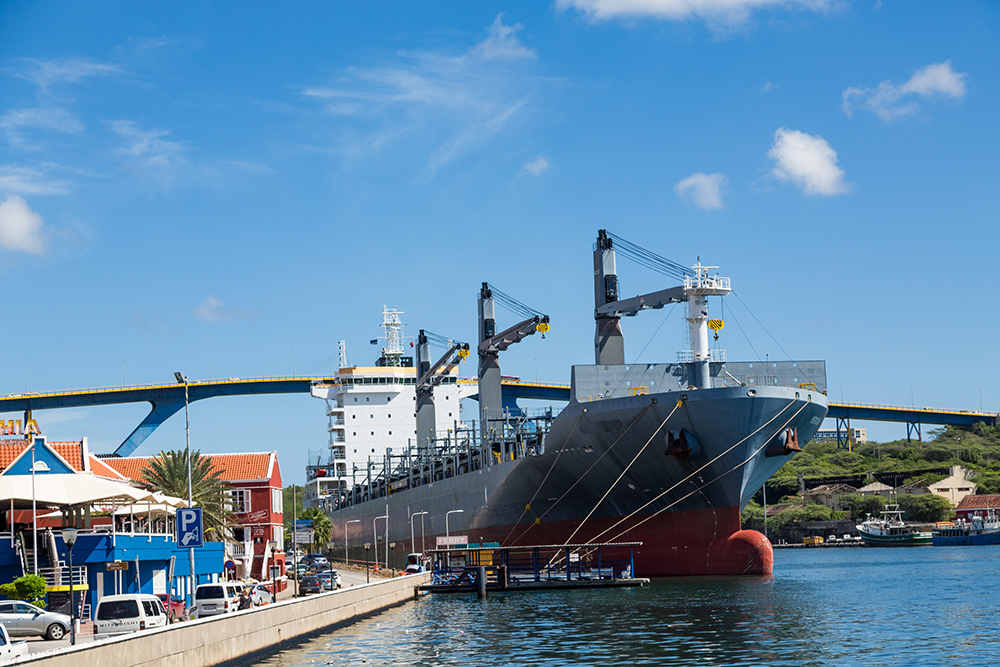
With its modern container terminal and dry dock, international air and sea connections, dedicated infrastructure, and the possibility of shipping less than a container load to regional markets, it can serve as an excellent distribution center for all types of merchandise.
Curaçao is an exemplar in the region and works consistently to respect and protect intellectual property rights. It has updated its laws and policies to reflect its willingness to protect IP and safeguard its economic zones from counterfeiting activities. Curaçao has previously engaged with anti-counterfeiting groups and continues looking for opportunities to collaborate with the private sector. It also works with free trade zone organizations to strengthen its IP protection and anti-counterfeiting efforts. The unique willingness of their Free Trade Zone to offer extraordinary support for the IP Crime Conference demonstrates their support for the fight against illicit supply.
It provides a safe living and working environment and has obtained ISO certification in various areas for its economic zones. Curaçao dedicates itself to improving processes and systems based on international norms, standards, and security training. Along with its strategic location and infrastructure, Curaçao is recognized as one of the region's most politically and economically stable jurisdictions and is home to one of the best-equipped container ports in the area.
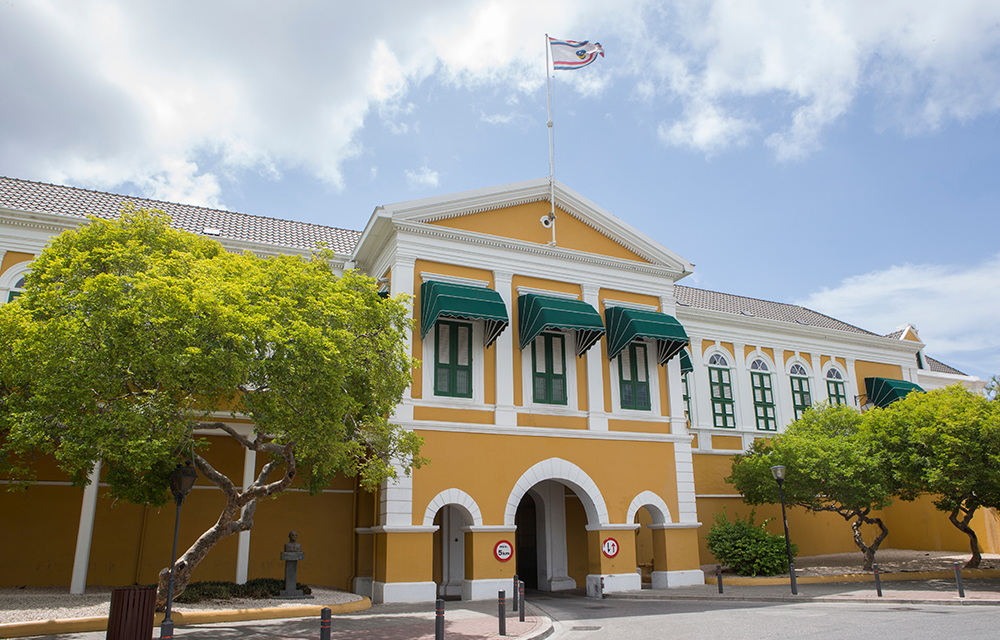
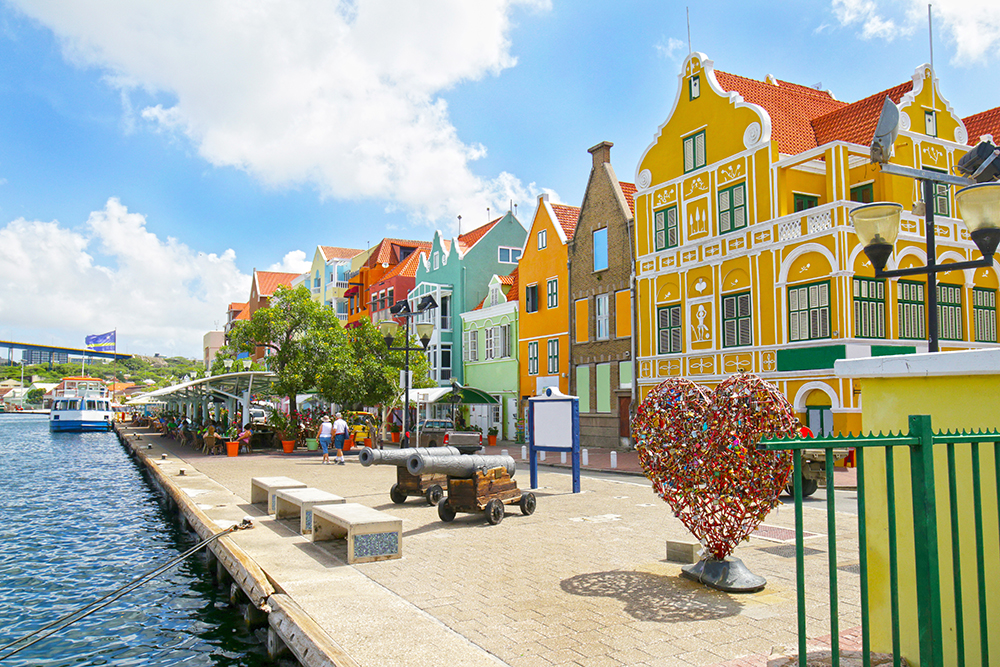
Additionally, it can help identify and interdict illicit products transiting to the U.S.A. and Europe, offering an excellent first line of defense for those regions.
The IP Crime Conference offers an excellent opportunity for law enforcement personnel, and rights holders to meet with Curaçao authorities who are committed to engaging and willing to discuss best practices, cross-sector collaboration, and anti-counterfeiting efforts in their country that can support the detection and interdiction of illicit goods transiting through their economic zone.